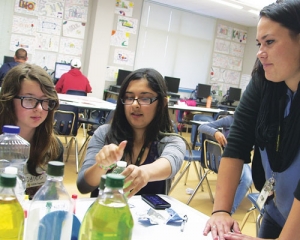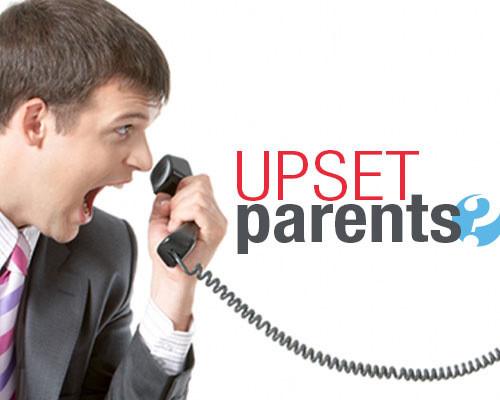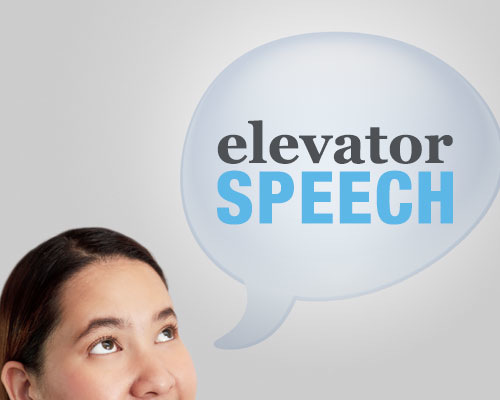Professional Development
NAA publishes fresh, new content every week covering a wide variety of topics related to the field of aftershool. In addition, NAA offers a variety of opportunities for virtual professional development (PD) through meaningful content, conversations and connections. Click here to see full descriptions of virtual PD offerings.
Displaying items by tag: Tip of the week
SEL Skills and Employability
The research is clear: Employers are looking for skills that go beyond content knowledge. Recognizing the knowledge, attitudes and skills that ultimately contribute to success in the workplace is a priority for educators and employers. One aspect of employability that has gained attention in recent years is the need for strong social and emotional skills in order to be successful in the workplace.
Using Technology to Create Moments that Click
Our work is personal. Often the best opportunities—to build connections or to make learning real—happen in the moment.
But these moments only happen when we plan and are prepared. Well-designed professional development gives our staff the resources they need to plan for effective learning and be prepared to maximize opportunities to connect and engage youth in STEM.
Make the Most of a Conference
When promotional materials for local or national conferences come across your desk, do you get excited about the opportunities, or do you feel overwhelmed about which to choose?
5 Steps for Handling Upset Parents
Improving your program's customer service requires the fine art of working with frustrated parents. We've all had them. We all know the principle that if you can successfully turn around an upset customer, they'll be more loyal to your company than if they never had an issue at all.
Know Your Elevator Speech
If the opportunity presents, could you advocate for your program and talk to people about the importance of afterschool?
Ken Anthony looked forward to a meeting at which he'd talk about a webinar highlighting a budding summer learning model that embodies partnership, community and district support, and shared outcomes. Before that, he was catching a colleague for lunch, to talk about the White-Riley-Peterson Policy Fellowship through Furman University.
Creating Program E-mail Standards: 10 Tips
When was the last time you thought about how employees' e-mails represented your program? With the increased use of social media, texting, and Google docs or other project management software, you may have allowed your or your employees' e-mail standards to slide. But be careful: E-mail is still the most used communication tool in business today, which is why sharing e-mail etiquette and format standards is critical.
Cool Down and Fire Up with Healthy Snacks!
Help your students cool down from the late summer heat with healthy frozen treats. Try freezing fruits such as grapes and melon chunks in the freezer, or make "popsicles" by inserting sticks into peeled bananas and freezing them.
Newly Published Paper Recognizes Importance of STEM in Afterschool Programming
Science, technology, engineering, and math (STEM) studies have become a standard part of many afterschool and summer programs' comprehensive programming. While providers and practitioners have long valued the hands-on, inquiry-driven programs, directly seeing the effect afterschool STEM programs have on students means funders, policymakers, and other stakeholders often want data that substantiates such claims and demonstrates positive changes in a variety of outcomes.
National AfterSchool Association • 2961A Hunter Mill Road, #626 • Oakton, VA 22124 • info@naaweb.org








